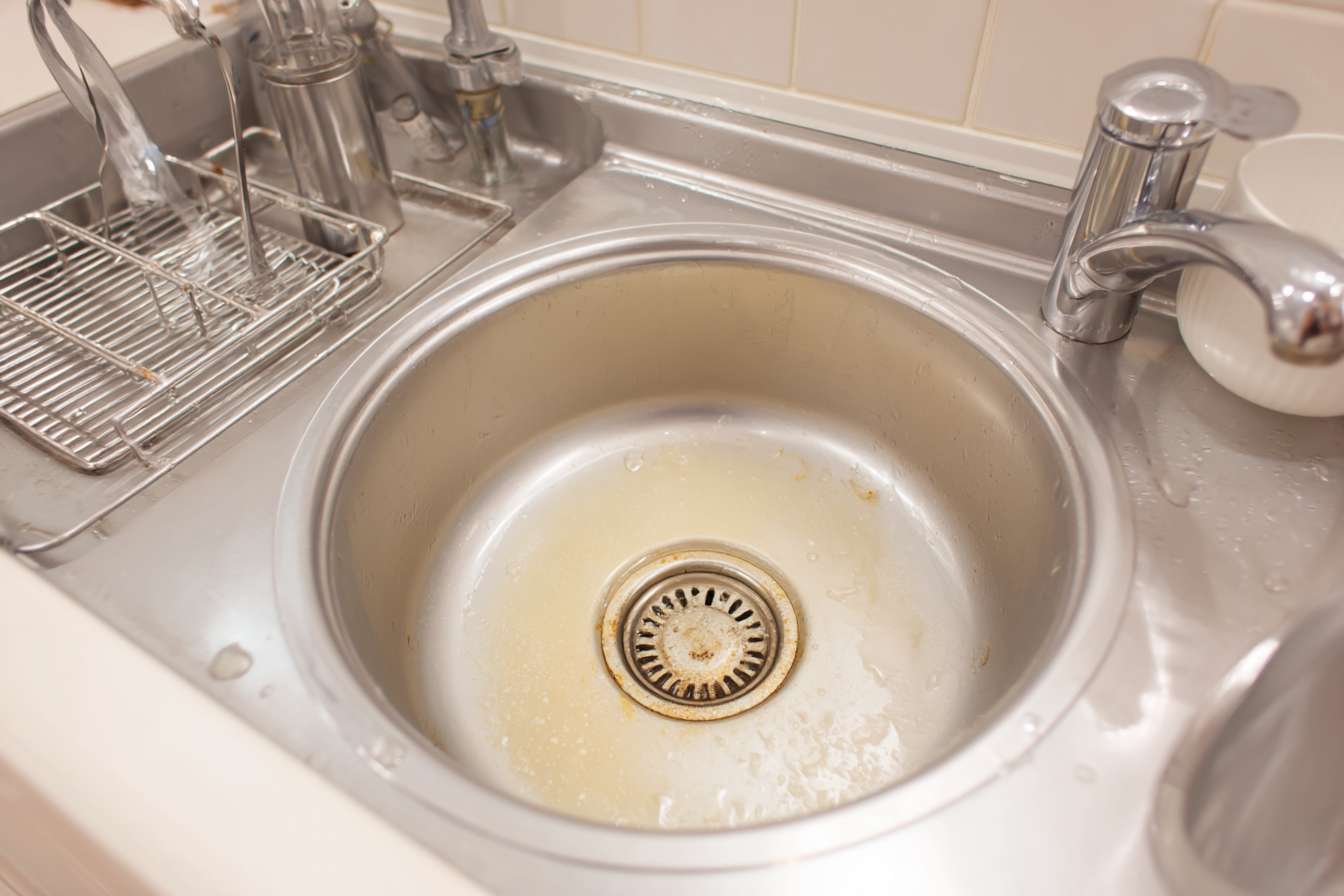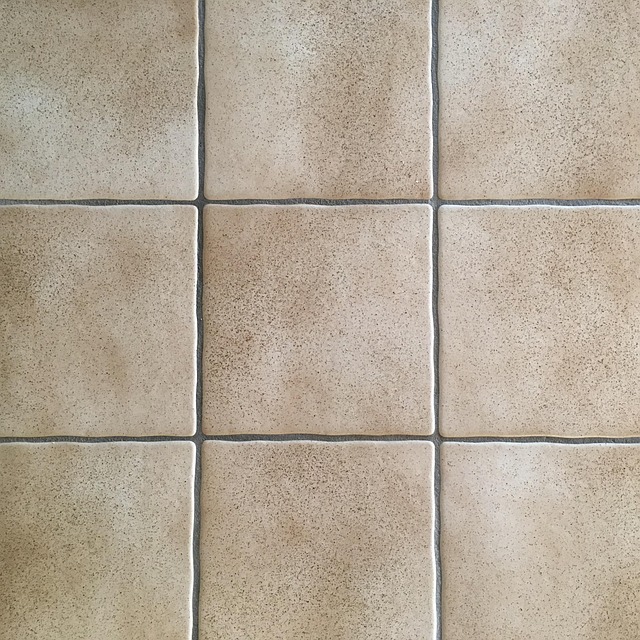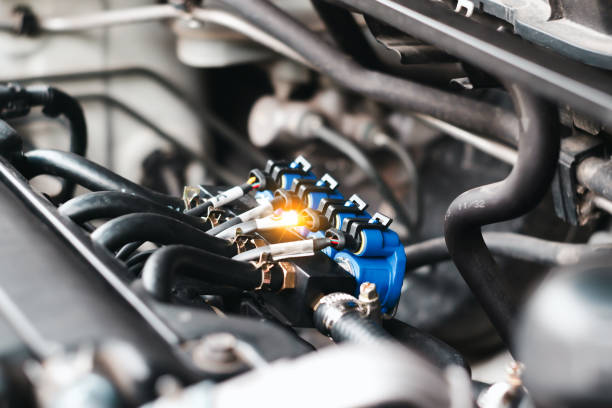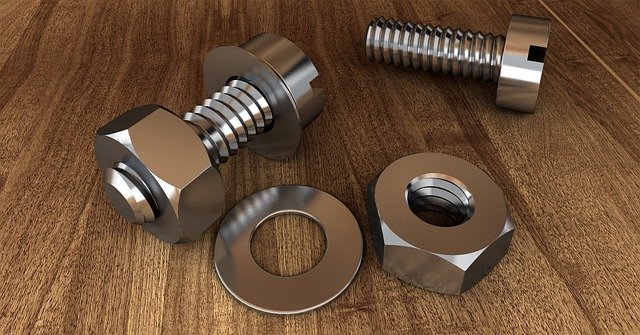The Importance of Water Filters for Clean, Safe Drinking Water
Clean, safe drinking water is essential for our health and well-being. However, many people are unaware that the water coming from their taps may contain contaminants that can pose health risks. This is where water filters come into play, offering an effective solution to purify our drinking water and ensure its safety. In this article, we'll explore the importance of water filters, how they work, and why they're a crucial addition to any home.

Most water filters work through a process called adsorption, where contaminants are trapped in the pores of the filter material. Common filter materials include activated carbon, ceramic, and reverse osmosis membranes. Each type of filter is designed to target specific contaminants, ensuring that the water passing through is cleaner and safer to drink.
Why is water purification important for home use?
Water purification is crucial for home use because it helps safeguard your family’s health by removing potentially harmful contaminants from your drinking water. Even if your local water supply meets regulatory standards, it may still contain trace amounts of contaminants that can affect the taste, odor, and safety of your water.
Some common contaminants found in tap water include:
-
Chlorine and chloramine (used for disinfection)
-
Lead and other heavy metals
-
Pesticides and herbicides
-
Bacteria and viruses
-
Pharmaceuticals
By using a water filtration system in your home, you can significantly reduce or eliminate these contaminants, providing cleaner, better-tasting water for drinking and cooking.
What types of filtration systems are available for home use?
There are several types of water filtration systems available for home use, each with its own advantages and limitations. Some popular options include:
-
Pitcher filters: These are affordable and easy to use, making them a popular choice for many households. They typically use activated carbon to remove contaminants and improve taste.
-
Faucet-mounted filters: These attach directly to your faucet and provide filtered water on demand. They’re relatively inexpensive and easy to install.
-
Under-sink filters: These systems are installed beneath your sink and can provide a higher level of filtration than pitcher or faucet-mounted filters. They often use multiple stages of filtration for comprehensive contaminant removal.
-
Whole-house filtration systems: These systems filter all the water entering your home, providing clean water for drinking, cooking, and bathing. They’re more expensive but offer comprehensive protection.
-
Reverse osmosis systems: These use a semi-permeable membrane to remove a wide range of contaminants, including dissolved solids. They’re highly effective but can be more expensive and may waste some water during the filtration process.
How do water filters improve the taste and quality of drinking water?
Water filters can significantly improve the taste and quality of your drinking water by removing impurities that affect its flavor and appearance. Chlorine, which is commonly used to disinfect municipal water supplies, can impart an unpleasant taste and odor to tap water. Activated carbon filters are particularly effective at removing chlorine, resulting in better-tasting water.
In addition to improving taste, water filters can also enhance the overall quality of your drinking water by removing:
-
Sediment and particles that can make water appear cloudy
-
Dissolved metals that may cause staining or metallic tastes
-
Organic compounds that can affect odor and flavor
-
Microorganisms that may pose health risks
By addressing these issues, water filters not only make your water more appealing to drink but also contribute to better overall health and well-being.
What are the long-term benefits of using a water filtration system?
Investing in a water filtration system for your home can provide numerous long-term benefits:
-
Improved health: By removing contaminants, you reduce your exposure to potentially harmful substances, promoting better overall health.
-
Cost savings: While there is an initial investment, using a water filter can save money in the long run by reducing the need for bottled water purchases.
-
Environmental impact: Reducing reliance on bottled water helps decrease plastic waste and the carbon footprint associated with bottled water production and transportation.
-
Appliance protection: Filtered water can help extend the life of appliances like coffee makers and ice machines by reducing mineral buildup and scaling.
-
Peace of mind: Knowing that your water is clean and safe provides reassurance for you and your family.
| Product | Provider | Cost Estimation |
|---|---|---|
| Pitcher Filter | Brita | $20 - $40 |
| Faucet-Mounted Filter | PUR | $30 - $50 |
| Under-Sink Filter | Culligan | $100 - $300 |
| Whole-House System | iSpring | $300 - $1000 |
| Reverse Osmosis System | APEC Water Systems | $200 - $500 |
Prices, rates, or cost estimates mentioned in this article are based on the latest available information but may change over time. Independent research is advised before making financial decisions.
Water filters play a crucial role in ensuring access to clean, safe drinking water in our homes. By removing contaminants and improving taste, these filtration systems offer both immediate and long-term benefits for health and well-being. With a variety of options available to suit different needs and budgets, investing in a water filter is a smart choice for anyone looking to enhance their water quality and protect their family’s health.






